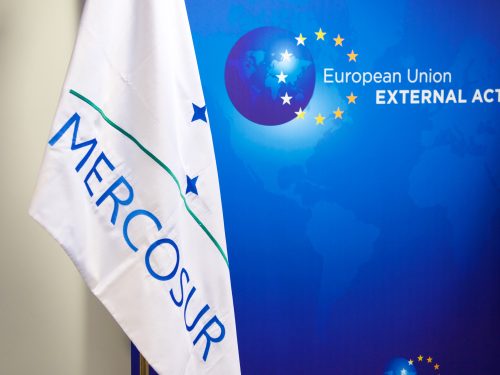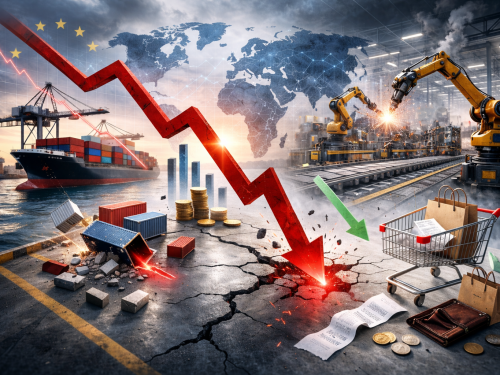Document
Share on
In a global context characterised by economic and geopolitical tensions, where the multilateral system fails to offer effective trade and investment governance, the European Union relies on trade agreements to strengthen its strategic autonomy and diversify its access to international markets.
These objectives are fully shared by Confindustria, which considers these understandings essential to avoid the risks of marginalisation and to support the economic resilience of Italian and European industry. Mercosur has not yet forged structured trade alliances with other global players and further procrastination would be fatal. After 25 years and 38 negotiation rounds, the immediate approval of the agreement is a priority in order to preside over relations with Latin America's most important economic and demographic bloc by establishing an integrated market of more than 750 million consumers whose economies collectively account for 20% of world GDP and 25% of world trade.
More than 81% of EU-Mercosur exchanges concern industrial goods, which make up 94% of Italian exports to the area and which would enjoy preferential access for more than 91% of the value: the industrial sector, therefore, is at the centre of Italy's interests, which is the first European exporter in the agri-food sector, second in machinery and electrical products and in vehicles and other means of transport, third in plastic and rubber, optical, medical and measuring or precision instruments, and fourth in chemical and pharmaceutical products. High tariff peaks protect the Mercosur markets in some of these sectors and in other leading Made in Italy sectors. Based on performance under similar agreements concluded previously, Italian goods exports show comparatively higher benefits than the European average.





